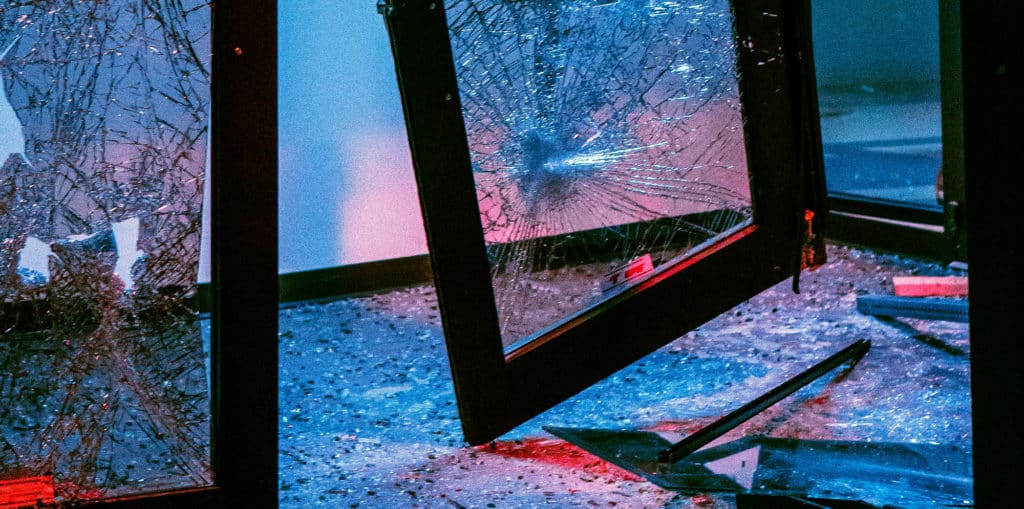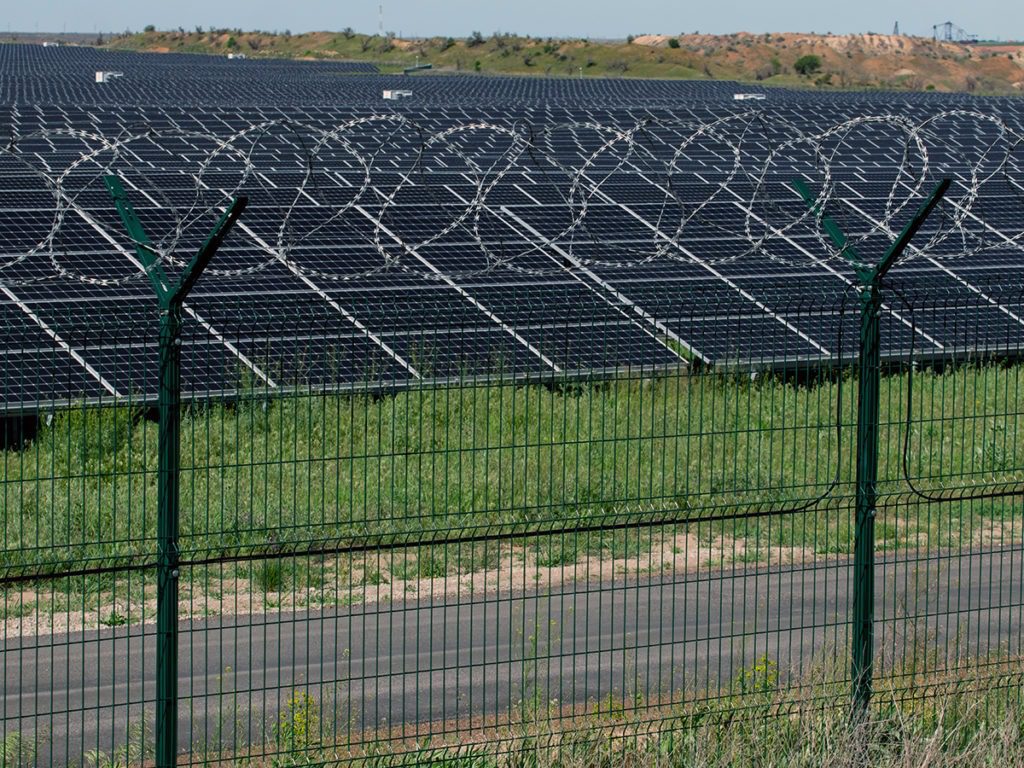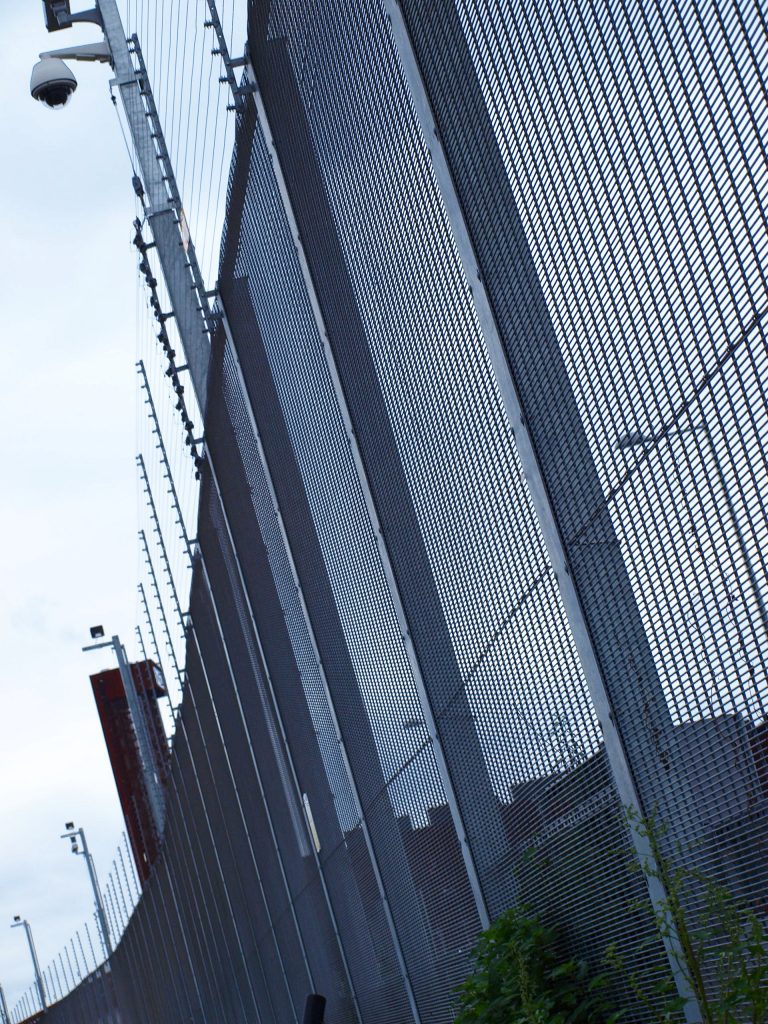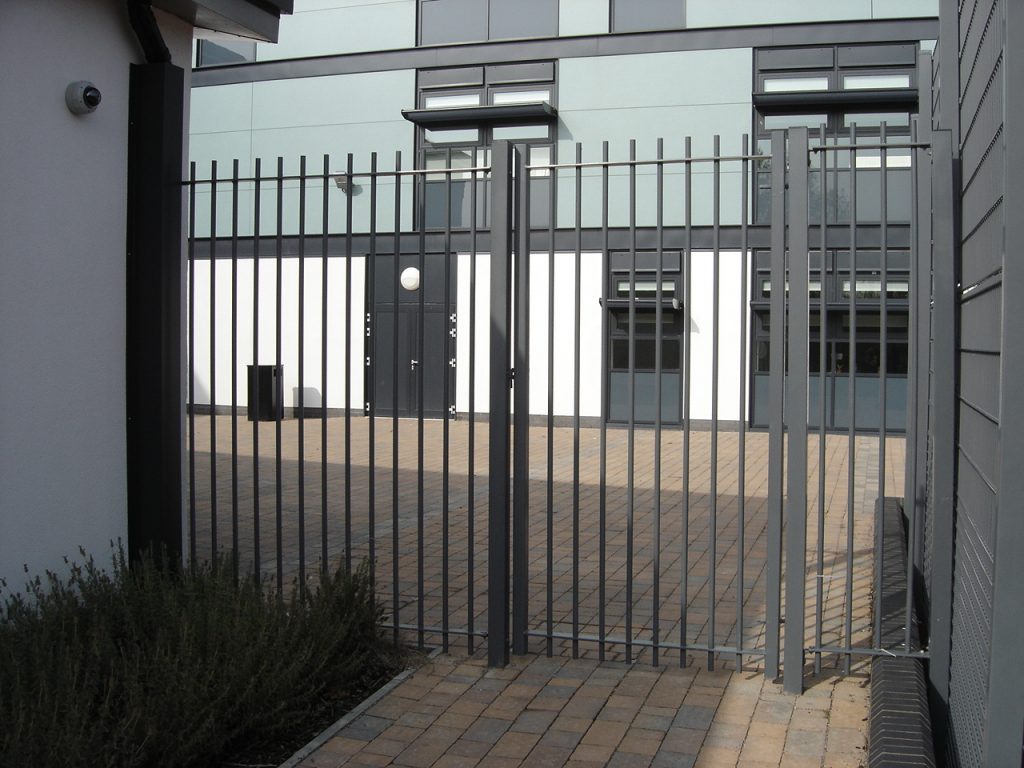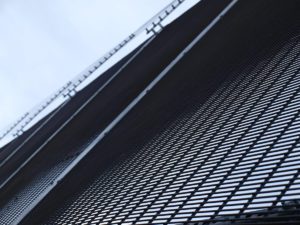 Confirmation of £6bn of Chinese investment in Hinkley Point C looks certain finally to trigger Britain’s first new nuclear plant in a generation – and with it the need for intelligent integrated security systems, says Chris Plimley.
Confirmation of £6bn of Chinese investment in Hinkley Point C looks certain finally to trigger Britain’s first new nuclear plant in a generation – and with it the need for intelligent integrated security systems, says Chris Plimley.
The ultimate investment decision from EDF Energy on the long-delayed Hinkley Point C power plant in Somerset. That is expected by the end of the year.
While EDF is confirming nothing, saying the decision will be based on solely EDF and Chinese investment, it is expected now to be purely a rubber-stamping exercise after Chinese president Xi Jinping announced the £6bn investment by China General Nuclear (GCN) on his recent state visit to the UK.
Under a strategic investment agreement, GCN – which will supply the money through its new company General Nuclear International – will own one third (33.5%). At the same time, EDF will retain at least a half share and offer other investors stakes in the £18bn project.
The agreement marks the ‘end of the beginning’ to a story that goes back a full 10 years to when then-Prime Minister Tony Blair announced a review into UK energy policy.
On the conclusion of the review in May 2006, Blair said that the replacement of Britain’s existing nuclear plants was ‘back on the agenda with a vengeance and that failing to take action would be a ‘dereliction of duty.
It may yet be another 10 years before we see any energy from Hinkley. EDF group chief executive Jean-Bernard Levy said as recently as September that the 2023 first power date could no longer be met, adding a new date will be given when the company takes its final investment decision.
And presuming that’s a ‘yes, the Hinkley Point C plant will become the first new nuclear power station built in the UK in almost 20 years and will comprise two reactors, providing about 7% of the UK’s electricity demand.
Beyond Hinkley, EDF and GCN have also agreed on the heads of a wider UK partnership to develop new nuclear power plants at Sizewell C in Suffolk and Bradwell B in Essex.
With hindsight, things were heading this way from early 2013 when Centrica pulled out of investing in Britain’s next-generation nuclear plants.
By October 2013, Britain had signed a new memorandum of understanding on nuclear cooperation with China and confirmed that Chinese companies could eventually become majority stakeholders in new UK nuclear plants.
And this September, the UK government announced up to £2 billion in support for the Hinkley Point C reactors.
Admittedly, the cost of plans for Hinkley came under fire from among others HSBC and Conservative peer Lord Howell of Guildford.
UK public support for using nuclear-generated electricity has fallen to a low point of 34%, with those opposed up to 24% in the latest quarterly survey from the Department of Energy & Climate Change.
But Turkey, China and France continue to press ahead with new generating plants – and Japan restarted its first nuclear reactor since the 2011 Fukushima disaster sparked by a tsunami and earthquake.
Inevitably the pros and cons of nuclear power and its sustainability will rage on and on. So too will the arguments on the sense of accepting Chinese money to secure Britain’s nuclear future, from both human rights and national security perspectives.
But what is not in doubt is that nuclear installations need 24/7 protection and strictly controlled access. Both of which demand top-level physical security, increasingly integrated with electronic and human measures.
The new-build nuclear market is not alone in demanding more joined-up physical security technology, with the integration of security fencing and lighting, access control, PIDs and intruder alarms, CCTV and video analytics, and guard patrols and security control rooms now commonplace.
Zaun’s nuclear pedigree includes work securing the Sellafield nuclear plant in Cumbria, temporary fencing with a cranked top at the Faslane nuclear submarine base in Scotland. It even stems right back to electric fencing at Devonport Dockyards, home to the largest naval base in Western Europe.
The seeming return to favour of nuclear power in Western Europe alongside a growing fear of terror activity means an absolute insistence on highest grade physical security at the sites and their integration with human and electronic security measures too.

